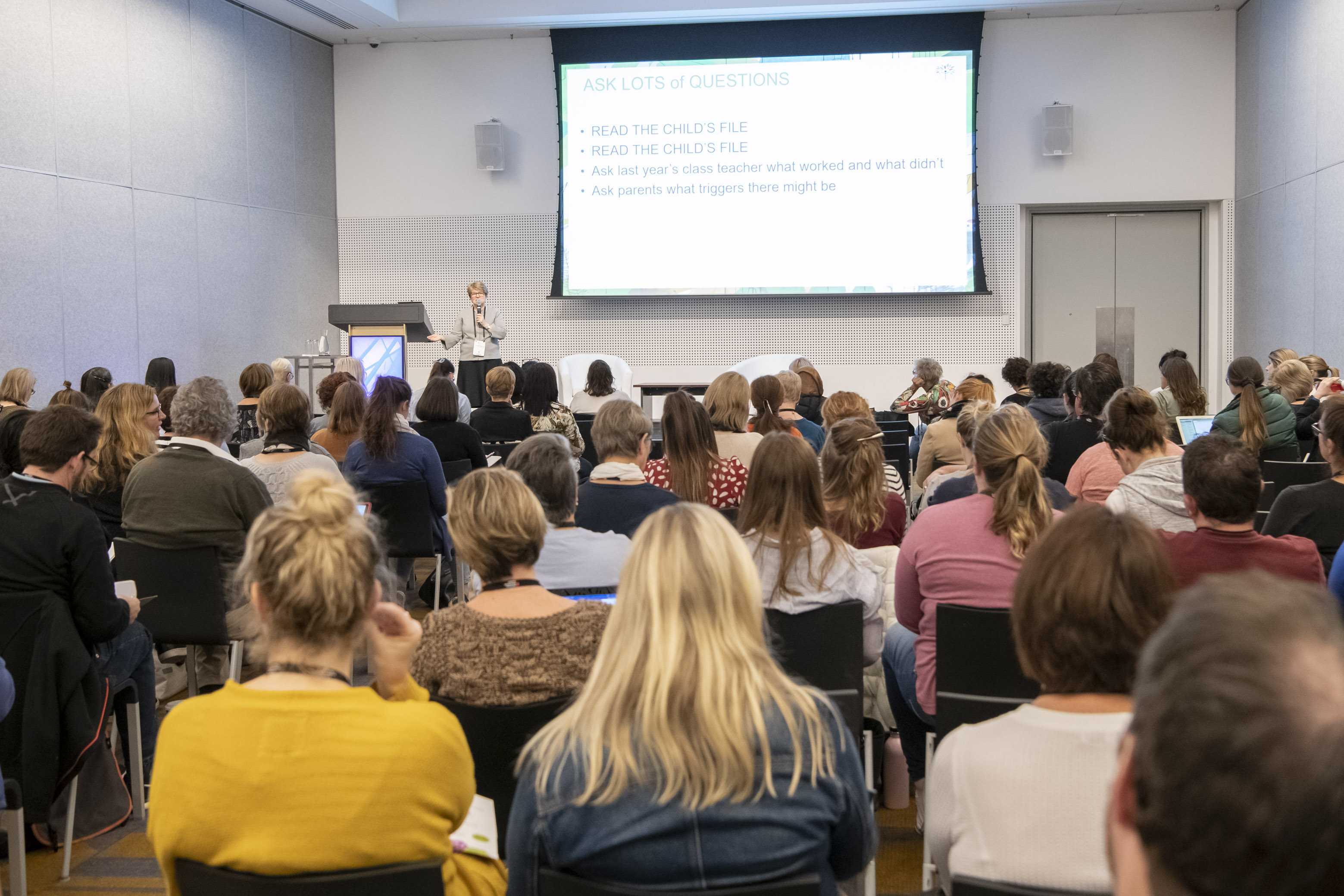
The World Economic Forum’s 2016 Future of Jobs report found that children entering primary school today will find themselves in jobs that don’t yet exist. This prompts the question: How can Australian schools better prepare students for the workplace of the future?
“The WEF report highlighted the need for a rethinking of our education systems and emphasises the importance of skills for lifelong learning,” says Marie Kinsella, CEO, International Exhibition & Conference Group - the organisers of the National Education Summit, now running in its eighth year.
There are a number of strategies that schools should adopt, she says, to create the right foundations for success, which will be discussed at length at the upcoming Summit. Attendees can take advantage of paid-for conferences and free seminars on these topics, to provide educators with as much value as possible over the two-day event.
1. Inclusion of diverse learners
“An inclusive education policy that embraces children with autism, dyslexia, or ADHD can help schools develop 21st-century skills in all students, by fostering an environment of acceptance, collaboration, creativity, problem-solving and adaptability,” comments Marie.
It’s estimated that between 6% and 10% of all children in Australia are diagnosed with ADHD, while a further 1% and 10% are affected by autism and dyslexia respectively.
Marie shares that they are seeing an increasing number of schools that focus on understanding how these conditions affect learning and making the necessary adjustments to their classrooms and learning programmes that enable these students to enjoy positive outcomes.
2. Emphasising wellbeing
“A focus on wellbeing enables teachers and their students to develop emotional intelligence, creativity and resilience – skills that will be in high demand in the workplace of the future. We also know that students who feel safe and supported at school are more likely to enjoy the learning process and to collaborate more with their peers,” explains Kinsella.
3. Incorporating STEM across the curriculum
The WEF report recommends that schools address the traditional siloed approach to subject teaching – especially the sciences. “Schools need to weave in STEM teaching across the curriculum. STEM education emphasises problem-solving and critical thinking – both of which are essential 21st-century skills,” states Kinsella. “It also promotes creativity, innovation and collaboration”. A dedicated conference stream at the National Education Summit will focus on speakers from a variety of backgrounds who will give teachers practical examples and tools on how to incorporate STEM into their classroom.
4. Building the capacity of school libraries
“We have seen the evolution of the traditional school library during our time running the Summit,” says Marie. School libraries hold great potential in the creation of future-focused schools by providing a space where students gain access to information, develop their digital literacy skills, collaborate with peers and practise innovating. “As the space where books, computers and brains meet, the school library is the ideal space to create a love for lifelong learning,” comments Kinsella.
5. Bolstering literacy
Literacy skills are critical to the workplace of the future because they are the foundation for effective communication and for the development of critical thinking. “When individuals are able to read and analyse complex texts or data, they’re better equipped to evaluate information and make informed decisions, or develop smart solutions to challenging problems,” notes Kinsella.
Compared to global averages, Australia's school literacy rate is generally considered to be relatively high. According to the 2018 Programme for International Student Assessment (PISA) results, Australian students ranked 16th out of 79 countries in reading literacy, with an average score of 503. This is above the Organisation for Economic Co-operation and Development (OECD) average of 487.
“However, there’s still room for improvement. The same PISA results indicated that around 16% of Australian 15-year-olds didn’t meet the minimum proficiency level in reading literacy, and ongoing efforts are needed to improve literacy skills,” adds Kinsella.
6. Supporting struggling students
Holistic education that supports the wellbeing and academic achievement of students – especially those who have experienced trauma or disadvantage – is critical in turning out students who will thrive in the workplace of the future. The Berry Street Education Model prioritises personalised learning, so that each student can reach their full potential. It also builds positive relationships which creates a safe and supportive learning environment to promote the development of social, emotional, and academic skills among students.
“By supporting the whole student and providing personalised support, the model helps to create a learning environment that is well-equipped to prepare students for success in the 21st-century workplace,” notes Kinsella.
Finding the best way forward, with the National Education Summit
To support Australia’s schools and teachers in achieving these actions, the National Education Summit, taking place at the Melbourne Convention Centre from 16 to 17 June 2023, presents six individual events under one roof, each focused on the key pillars for development. It also features the Classroom of the Future – a two-day workshop program exploring topics such as inclusive practices, digital technology and AI, critical thinking and curriculum design.
“Alongside the dynamic presenters and sessions on offer during the summit, visitors will also have the opportunity to browse through the free trade expo – The Education Show – and see first-hand the offerings from over 100 exhibitors with a focus on educational resources, technologies and support,” concludes Kinsella.
The Summit is supported by educational organisations including The GROK Academy, Australian Education Union, Awards Victoria, Digital Learning and Teaching Victoria (DLTV), School Library Association Victoria (SLAV), Berry Street Educational Model, Queensland School Library Association (QSLA), Eduwebinar, Micromelon Robotics, Salutegenics, The Big Sister Experience, Victorian Commercial Teacher’s Association and more.
This article originally appeared as a media release from IEC Group.


